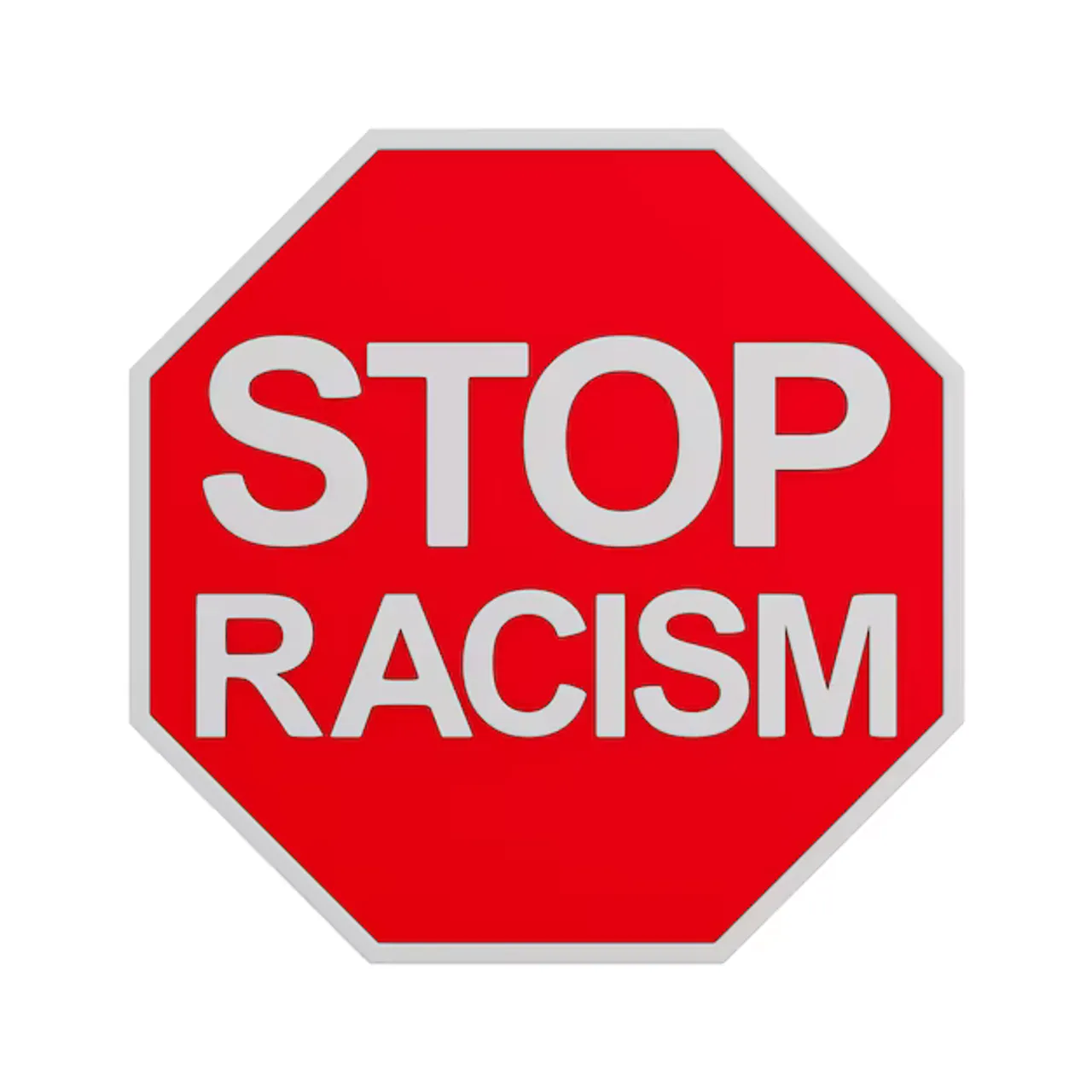
Racism in Korean Society: Cases and Local Perspectives
Racism in Korean Society: Cases and Local Perspectives
South Korea has long maintained a strong identity as a homogeneous nation. However, as globalization has brought people of diverse racial and cultural backgrounds into the country, discussions around racism have become increasingly visible.
Working at a global company, I’ve met colleagues from all over the world. But when we talk, I often notice a few misunderstandings they have about what discrimination in Korea really looks like.
So in this post, I’ll introduce some real cases of racism in Korea and offer a Korean’s perspective on the cultural and historical context behind them.
🇰🇷 Understanding the Korean Mindset
Before discussing racism, it’s important to understand a few traits of Korean society that influence how people interact with foreigners.
1. The Legacy of Ethnic Homogeneity
Korea has a history that spans over 5,000 years. Over that time, the peninsula has experienced over 90 invasions by neighboring countries. These constant threats shaped a collective survival instinct—leading to a deeply rooted emphasis on national unity.
As a result, the concept of being a “one-blooded nation” has long been promoted, which often makes Koreans wary of those perceived as outsiders.
2. Lack of Exposure to Cultural Differences
Due to its homogeneous history, many Koreans have had limited exposure to other cultures, especially outside of major urban or affluent areas. This can lead to misunderstandings or discomfort when interacting with foreigners. Often, such reactions are not intentional discrimination but rather a lack of cultural understanding.
Government programs aim to promote multicultural awareness, but not everyone benefits from these initiatives equally. Thus, unconscious bias may still exist among parts of the population.
3. The “Ppalli-Ppalli” (Hurry-Hurry) Culture
Koreans are known for their fast-paced lifestyle. Whether it’s eating meals, completing work, or resolving problems, speed is often prioritized.
This cultural habit may come from a history of war and economic hardship. It helped Korea rise from poverty to prosperity in just a few decades, but it also leaves little patience for delays—especially in workplaces or public services.
When communication is slow due to language barriers, misunderstandings may be perceived as inefficiency or even disrespect.
📊 Statistics: Foreigners’ Experiences in Korea
To back up our discussion, here are some data from the Korean Statistical Information Service:
Overall Satisfaction
Eight out of ten foreigners living in Korea report being generally satisfied with their life here. Considering how different Korean culture is—especially in a society with strong ethnic identity—this is quite remarkable.
In fact, more foreigners reported being “very satisfied” than just “somewhat satisfied.”
Experiences of Discrimination
About 19.7% of foreigners in Korea said they had experienced some form of discrimination, most commonly due to their nationality or lack of fluency in Korean.
While unfortunate, these cases are not necessarily reflective of the broader population. As in any country, there will always be individuals with prejudiced views.
🏢 Real-Life Cases of Discrimination in Korea
Here are a few types of racism-related incidents foreigners commonly experience in Korea:
1. Denial of Public Services
Sometimes, foreigners feel they are refused services in restaurants, clinics, or government offices. However, this is often due to communication breakdowns rather than racial bias.
If you don’t speak Korean well, it’s helpful to write down your request or use a translation app. Most Korean service workers will try their best to help you if they understand your needs clearly.
2. Workplace Discrimination
This usually stems from poor Korean language skills. Korean workplaces value quick communication. If colleagues or managers struggle to understand you, it may lead to friction.
If you plan to work in Korea, especially in local companies, learning Korean to at least a conversational level is strongly advised.
3. Racial Discrimination
While rare, direct racial prejudice does exist. Sometimes, it’s triggered by behavior considered inappropriate or unusual by Korean standards.
If you face unfair treatment, consider sharing your experience online. Korean netizens are quick to defend those who’ve truly been wronged—but be warned, they will also criticize if you were at fault.
Misunderstanding: Subway Seat Movement
One of the most common misunderstandings among foreigners is when Koreans shift seats in subways. Many interpret this as rejection due to race or smell.
In truth, Koreans avoid sitting next to strangers in empty public spaces whenever possible. It’s a matter of personal space, not racism.
There’s even a meme showing the “Korean subway seat order”—people prefer corners and empty rows, not because of who’s sitting nearby but simply out of habit.

🔍 Final Thoughts
If you’re a respectful and open-minded person, you are welcome here.
Please don’t form opinions based solely on negative posts or outdated stereotypes. If you respect local customs and make an effort to understand the culture, you’ll find that most Koreans will treat you well in return.
Of course, more awareness and openness are needed among Koreans too—especially outside of major cities. But things are gradually improving.
And if something goes wrong? Just post your experience online. If it turns out you were treated unfairly, trust me—Korean netizens won’t let it slide.
Sources
Comments

A&B Network
Sharing practical tips and personal experiences from travels, side projects, and everyday life.
Loading subscribers...
